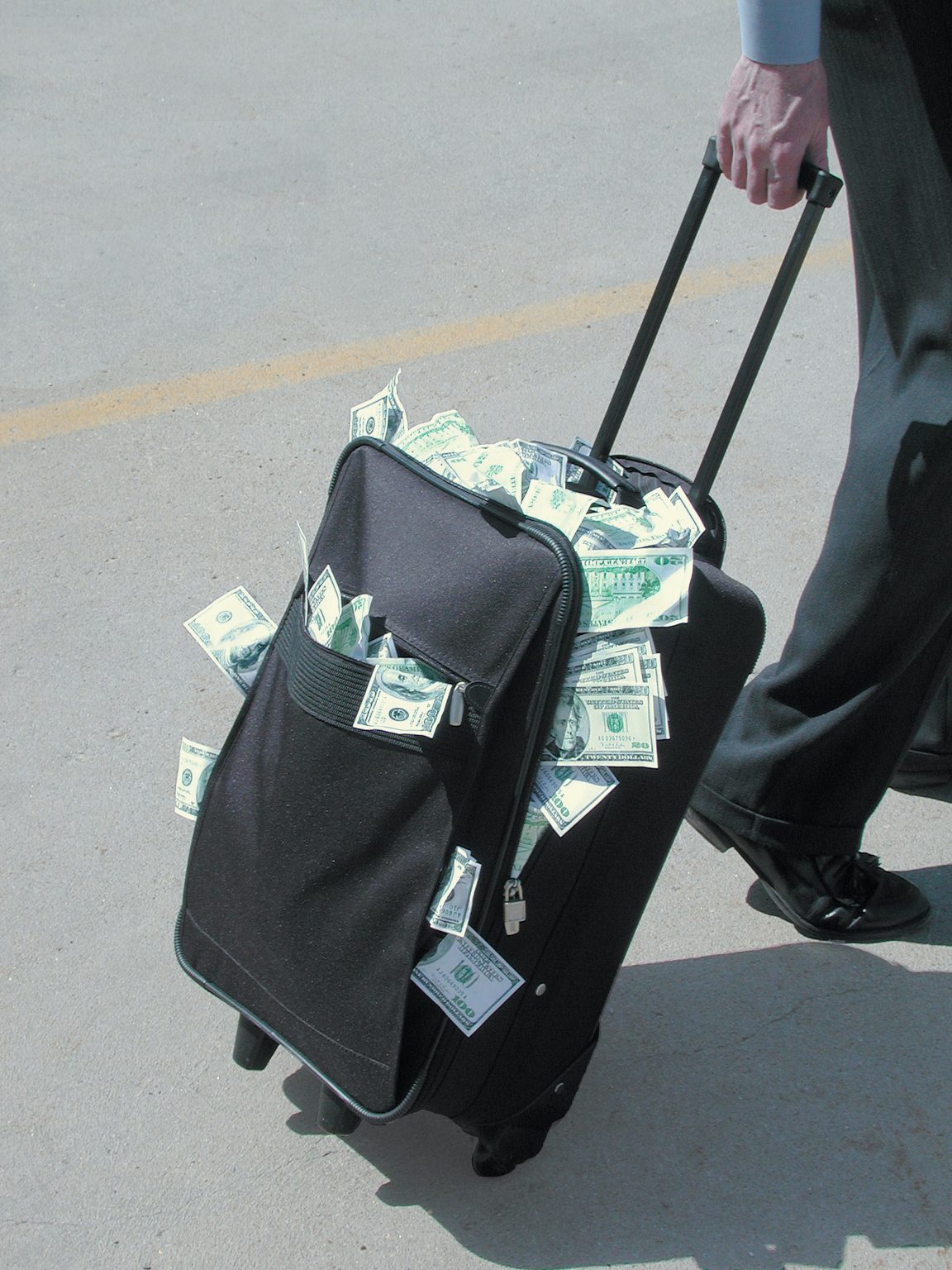10 Frequently Asked Questions About Workers Compensation
Traveling for work can be both exciting and challenging. While it opens up opportunities for professional development and networking, it also comes with its own set of risks, particularly concerning health and safety. Understanding how to navigate workers compensation while traveling is essential for protecting your rights and ensuring you receive the benefits you deserve. In this article, we will address the 10 frequently asked questions about workers compensation, providing insights into how to take advantage of these benefits while on the road.
Workers compensation
Workers compensation is a form of insurance that provides wage replacement and medical benefits to employees injured in the course of their employment. It is designed to help workers recover from injuries sustained while performing job-related tasks, regardless of fault. When traveling for work, understanding the specifics of your company’s workers compensation policy is crucial for ensuring that you are adequately protected in case of an accident or injury.
1) What should I do if I get injured while traveling for work?
If you sustain an injury while traveling for work, the first step is to seek medical attention immediately. Your health should be the top priority. After you have received care, report the injury to your employer as soon as possible. Provide details about how the injury occurred, where it happened, and the nature of the injury. Document everything, including the time, location, and any witnesses to the incident. This information will be vital for your workers compensation claim.
2) Are injuries sustained while traveling covered by workers compensation?
Generally, injuries that occur while you are traveling for work are covered by workers compensation. However, the specifics can vary based on your employer’s policy and the circumstances of the injury. Injuries sustained during work-related activities, such as meetings or client visits, are typically covered. Conversely, injuries incurred during personal activities, like sightseeing or dining, may not be eligible for compensation. It is essential to clarify your company’s policies to understand your coverage.
3) What documentation is required for a workers compensation claim?
To file a workers compensation claim, you will need to provide documentation that supports your case. This may include medical records detailing your injury and treatment, report of the incident filed with your employer, witness statements, and photographs of the injury or the accident scene, if applicable. Having thorough documentation will strengthen your claim and increase the likelihood of receiving benefits.
4) How do I file a workers compensation claim while traveling?
Filing a workers compensation claim while traveling typically involves notifying your employer and following their specific procedures for reporting injuries. Many companies have a designated process in place, which may include filling out forms and providing supporting documentation. Ensure that you complete these steps promptly, as there may be deadlines for reporting injuries and filing claims.
5) Can I choose my medical provider for treatment?
In most cases, workers compensation allows you to choose your medical provider, but there may be restrictions depending on your employer’s policy or state laws. Some companies have a list of approved medical providers that you must use. If you are traveling, check with your employer to see if you can visit a local healthcare facility or provider. Having the right medical care is crucial for your recovery and for the documentation of your injury.
6) What benefits can I expect from workers compensation?
Workers compensation benefits vary by state and employer but typically include medical expenses related to your injury, wage replacement for time off work, rehabilitation costs, and compensation for permanent impairment, if applicable. Understanding the specific benefits offered by your employer can help you navigate your claim effectively.
7) How long do I have to file a claim?
The timeline for filing a workers compensation claim varies by state and company policy. Generally, you should report the injury to your employer as soon as possible—often within 30 days of the incident. However, you may have a longer period to file a formal claim, sometimes up to a year, depending on local laws. It’s crucial to check with your employer or consult the local workers compensation board for specific deadlines to avoid missing out on your benefits.
8) What if my claim is denied?
If your workers compensation claim is denied, don’t panic. You have the right to appeal the decision. Start by reviewing the denial letter to understand the reasons for rejection. It may involve insufficient documentation or issues related to the nature of your injury. Gather any additional evidence needed to support your case, such as medical records or witness statements, and submit an appeal as per your employer’s procedures. Consulting with a workers compensation attorney can also provide valuable guidance during this process.
9) How does traveling affect my workers compensation benefits?
Traveling for work can complicate your workers compensation benefits, especially if you are injured while away from your usual workplace. However, as long as you are engaged in work-related activities, your benefits should still apply. It’s important to communicate with your employer about your travel plans and any potential risks associated with your trip. Maintaining open lines of communication ensures that both you and your employer are on the same page regarding your coverage and responsibilities.
10) Can I receive workers compensation benefits if I am partially responsible for my injury?
Yes, in most cases, you can still receive workers compensation benefits even if you are partially responsible for your injury. Workers compensation is a no-fault system, meaning that you do not need to prove that your employer was at fault for your injury to receive benefits. However, the amount of compensation may be affected if your actions contributed to the incident. Always report the incident accurately, as providing misleading information can jeopardise your claim.
Get compensated
Understanding how to navigate workers compensation while traveling is crucial for every employee. By being informed about your rights and responsibilities, you can take proactive steps to ensure your health and safety while on the road. If you ever find yourself in a situation involving injury during work-related travel, remember to seek medical attention, document the incident, and file your claim promptly. Knowing the answers to these frequently asked questions about workers compensation will empower you to take advantage of the benefits available to you, safeguarding your well-being and financial stability during your travels.





